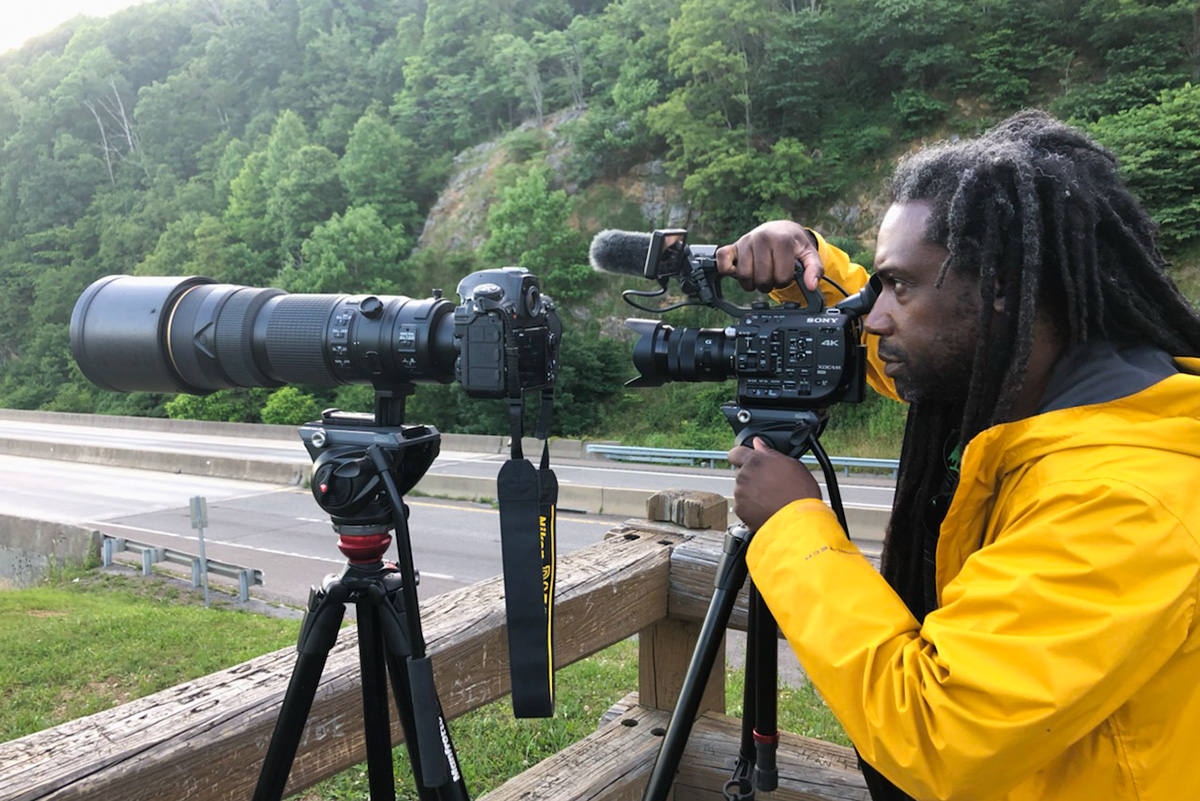
23 Nov Amplifying Abolition: Behind the Scenes with Working Films
BY HANSEN BURSIC
In the movement for abolition, new media narratives are vital to combating years of misinformation. Yet, due to a lack of collaboration with movement leaders, many documentaries on topics like the prison industrial complex end up failing abolition activists because they do not touch on the issues they struggle to communicate to the public. As documentaries become more important in order to drown out the cacophony of misleading tweets and news anchor naysayers, one organization is looking to bridge the gap between the abolition film and activist worlds.
Working Films might be new to the abolition space, but the nonprofit and documentary funder has spent years using a unique approach to help create meaningful documentaries that actually make a difference. Founded in 2001, the organization has been dedicated to not only funding timely social issue films but also challenging the gatekeeping nature of the film funding landscape. Over the last decade, the organization came to the conclusion that there is no way a funder can know what films will actually be helpful to activists without bringing those activists to the table.
“People in movements should decide what films serve their movements,” says Andy Myers, Director of Campaigns and Strategy at Working Films. Their philosophy is radically simple: put the power in the hands of the activists battling these injustices and let them choose what’s valuable.
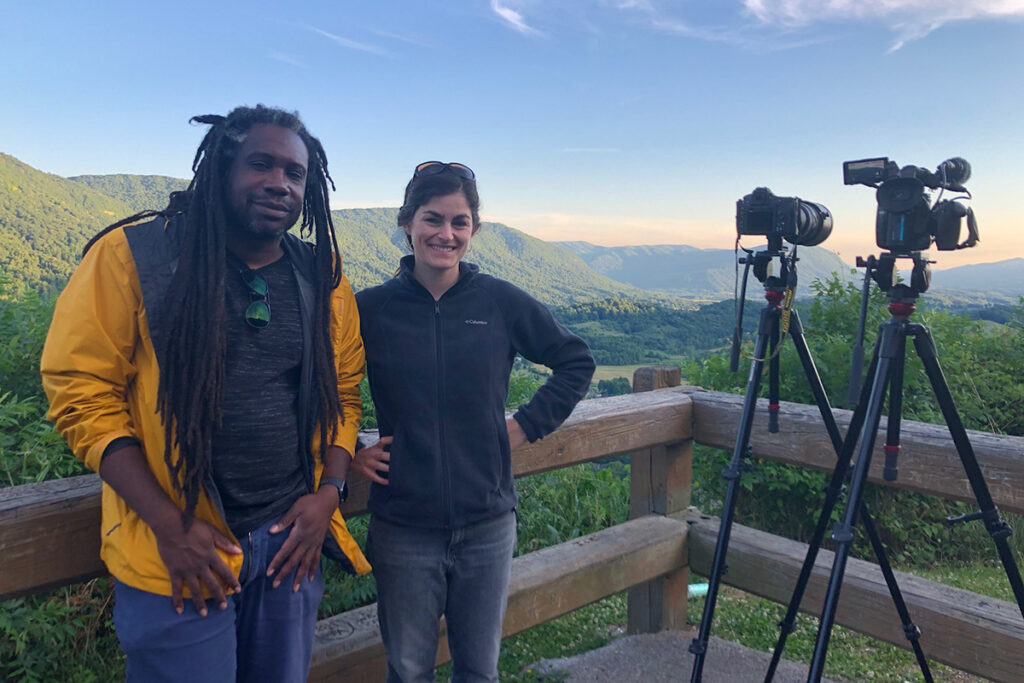
Docs in Action, one of Working Films biggest funds, is a great example of this philosophy in practice. The short documentary film fund starts with Working Films assembling a panel of representatives from organizations across the United States tackling a social issue topic. Unlike other funders, however, this is not merely an advisory panel. This team of activists has full decision-making power over who the grantees will be. The result is powerful documentaries that have practical use beyond the doors of the movie theater.
Once the films are completed, they become part of a screening tour to spread awareness for the topic and bring them to communities that need them the most across the United States. “Ultimately, our goal is not [for the films] to get into Sundance. Our goal is to make sure these films are actually getting into communities that these issues are directly impacting,” says Gerry Leonard, Director of Filmmaker Services and Impact at Working Films.
This year, Docs in Action funded five films that tackle abolition and the prison industrial complex. The documentaries were intentionally chosen because they frame topics that this year’s panelists have had trouble communicating to the public in their advocacy work. The subjects of the films range from illegal sterilizations in women’s prisons to the trials faced by Black LGBTQ+ people in the prison system and center stories from California to Appalachia.
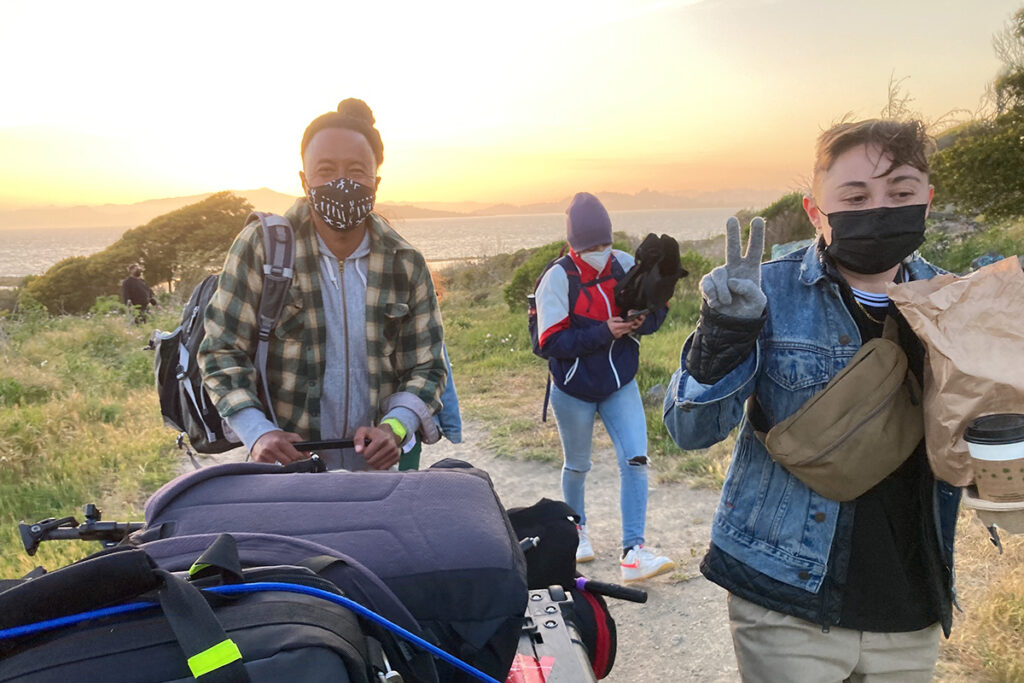
One of the films selected for this year’s grant is Adamu Chan’s What These Walls Won’t Hold, a film about the COVID-19 pandemic in California’s San Quentin State Prison. Chan was incarcerated during the pandemic and witnessed firsthand how COVID-19 exacerbated the horrors of the prison industrial complex. The experience also made him closer to abolition advocacy and his community at San Quentin, which motivated him to make this documentary, his first major film project.
When Chan found the Docs in Action grant, he knew this grant was different. The organizations that were on the advisory panel were ones he had engaged with in his own abolition advocacy. Another benefit of the grant is that the advisory council doesn’t disappear after selecting the films. All of the filmmakers are encouraged to use the panel as a sounding board, which allows them to work with top activists in the field to shape their documentaries into powerful tools for change.
With this key funding and community support, Chan has high hopes for his film. “I want this film to be used as a tool for folks who are trying to figure out their relationship to abolition,” he says. “I want to be able to inspire others who are in my community and folks who have stories to tell.”
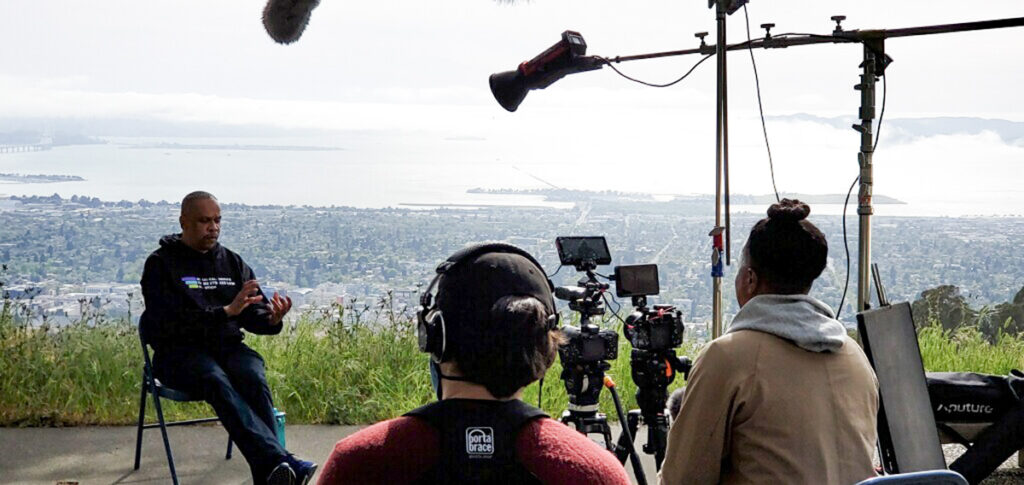
Working Films is also looking to inspire, not just with films like Chan’s but with their approach to funding. Their hope is that foundations and funders see that this movement-first model is both possible and impactful and that funders adapt it for their own grants. With the past successes of the Docs in Action grant and a dynamic new group of filmmakers, Working Films continues to establish itself as a funder that truly cares about uplifting underserved voices, rejecting the status quo. “At our core, we are organizers and abolitionists,” says Leonard. “We are here to support movement work.”
Below are the 2021 recipients of the Working Films Docs in Action film fund:
Belly of the Beast (short version) by director Erika Cohn and producers Angela Tucker, Christen Marquez, and Nicole Docta.
Pen Pals by director Khary Septh and producers James Powell and Andre Jones.
Restorative Radio by director and producer Sylvia Ryerson and producers Reginald Dwayne Betts, Mimi Pickering, and Reuben Atlas.
Space to Breathe by filmmakers Walidah Imarisha, Jordan Flaherty, and Kate Trumbull-LaValle, in collaboration with Calvin Williams of Wakanda Dream Lab.
What These Walls Won’t Hold by director and producer Adamu Chan and producer Christian Collins.
You can learn more about the grants, grantees, and their films here.
Look out for opportunities to watch these films in Spring 2022.

Hansen Bursic is a filmmaker and journalist with bylines in publications including Documentary magazine and QBurgh. He currently serves on cinéSPEAK’s editorial board and is the Communications Coordinator for the International Documentary Association (IDA).
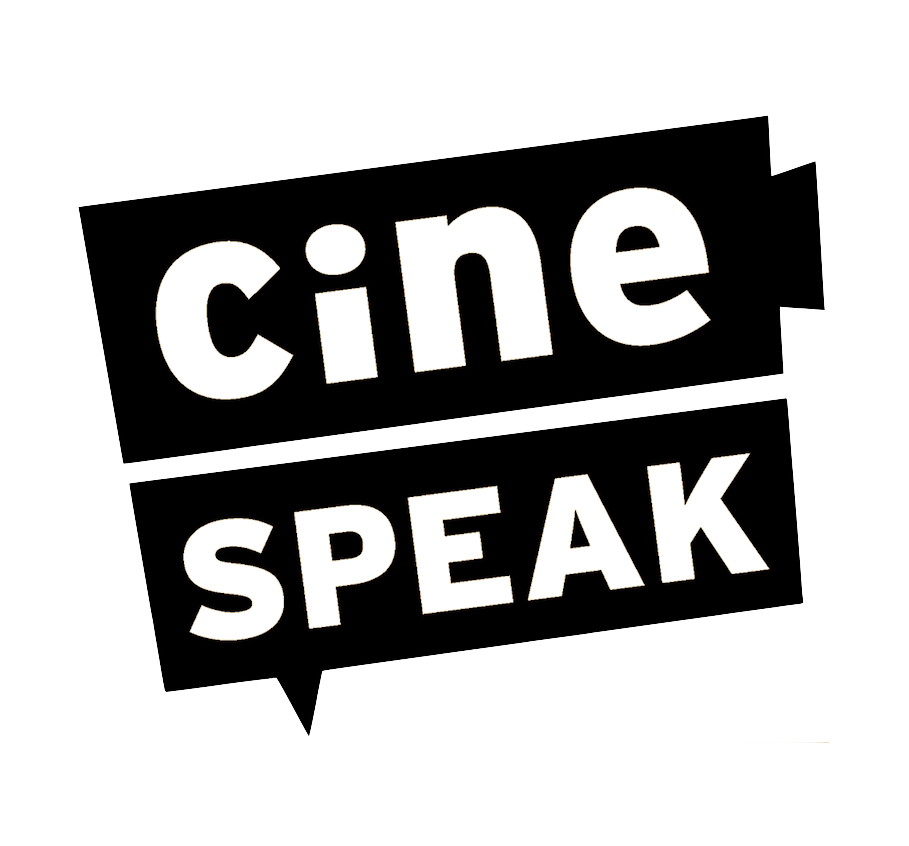
Sorry, the comment form is closed at this time.